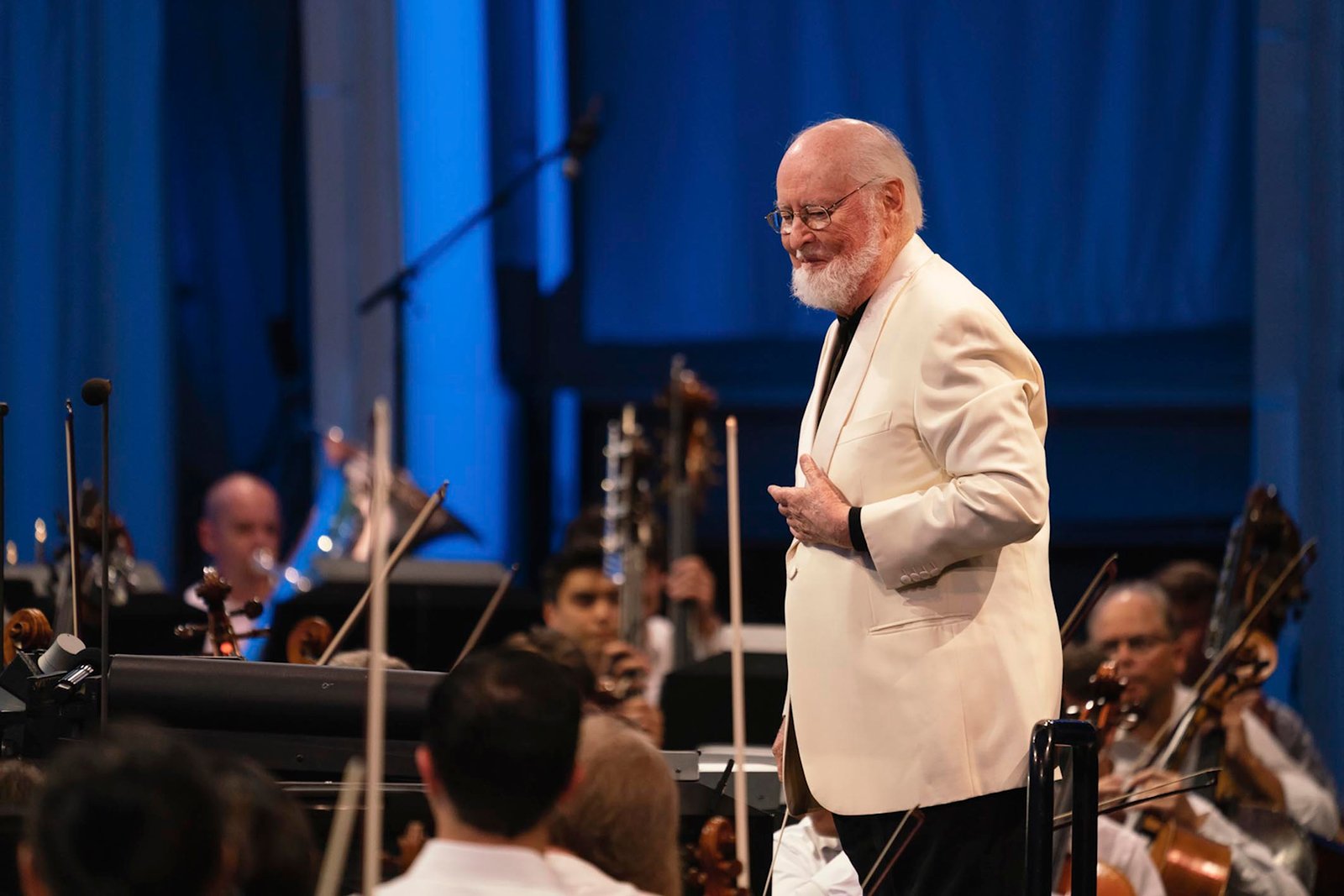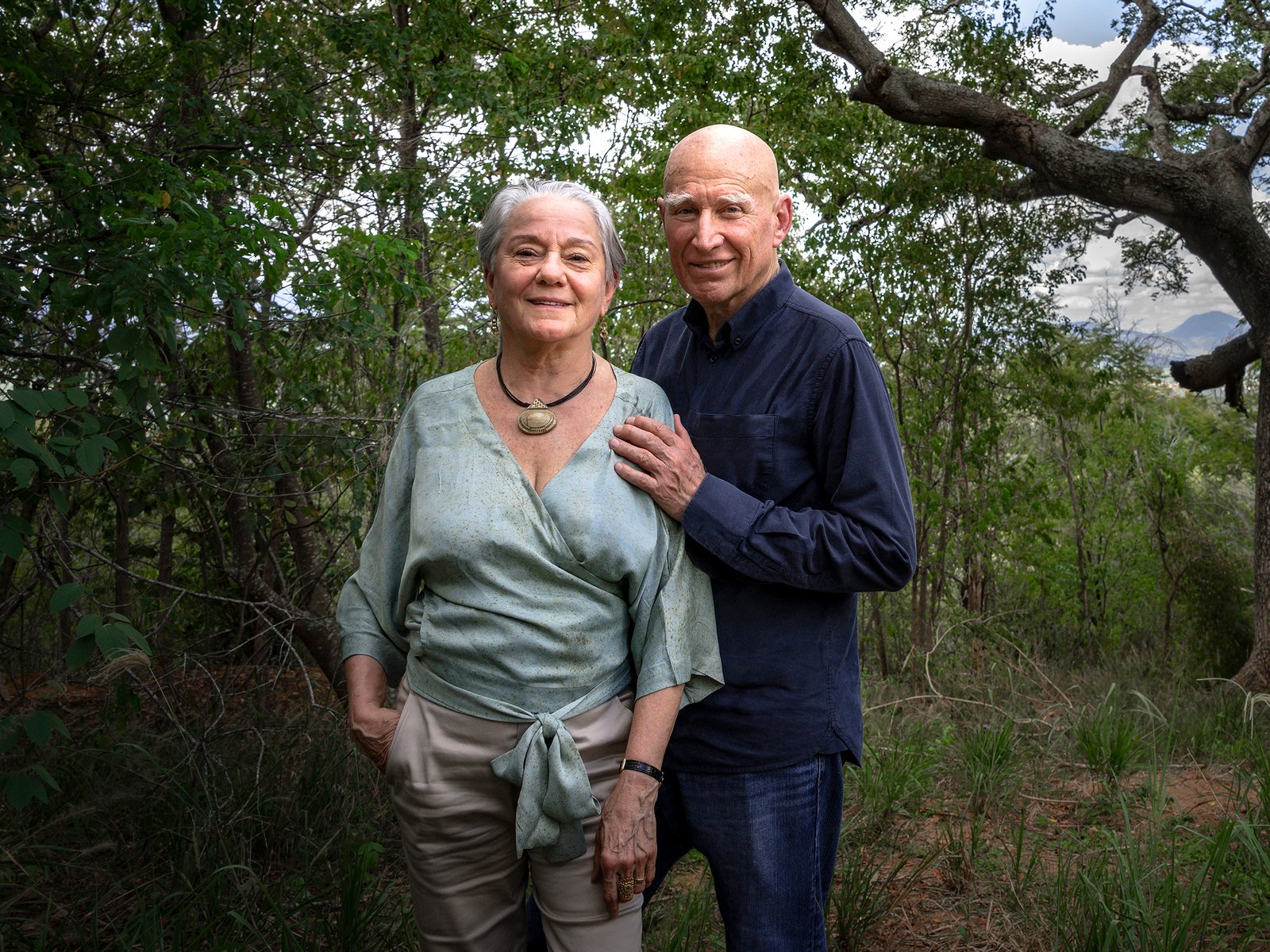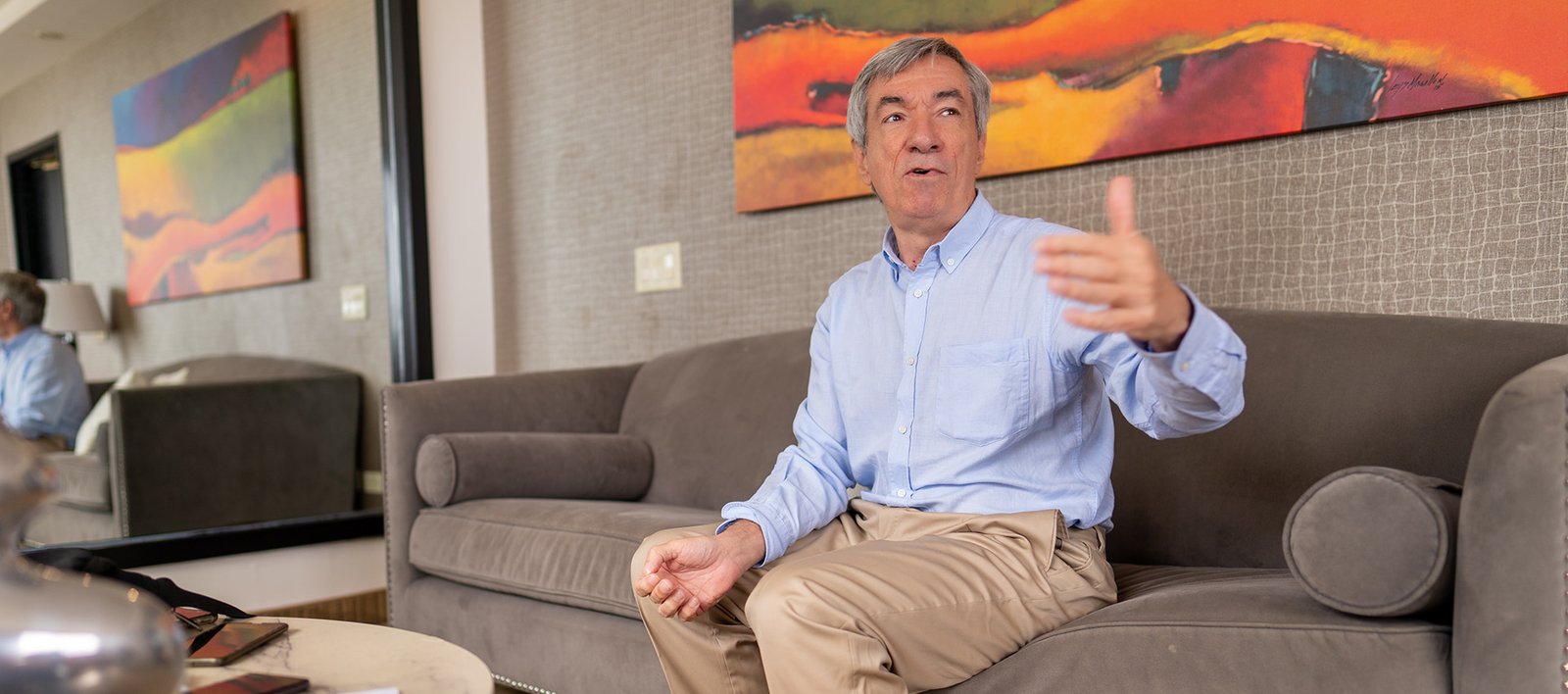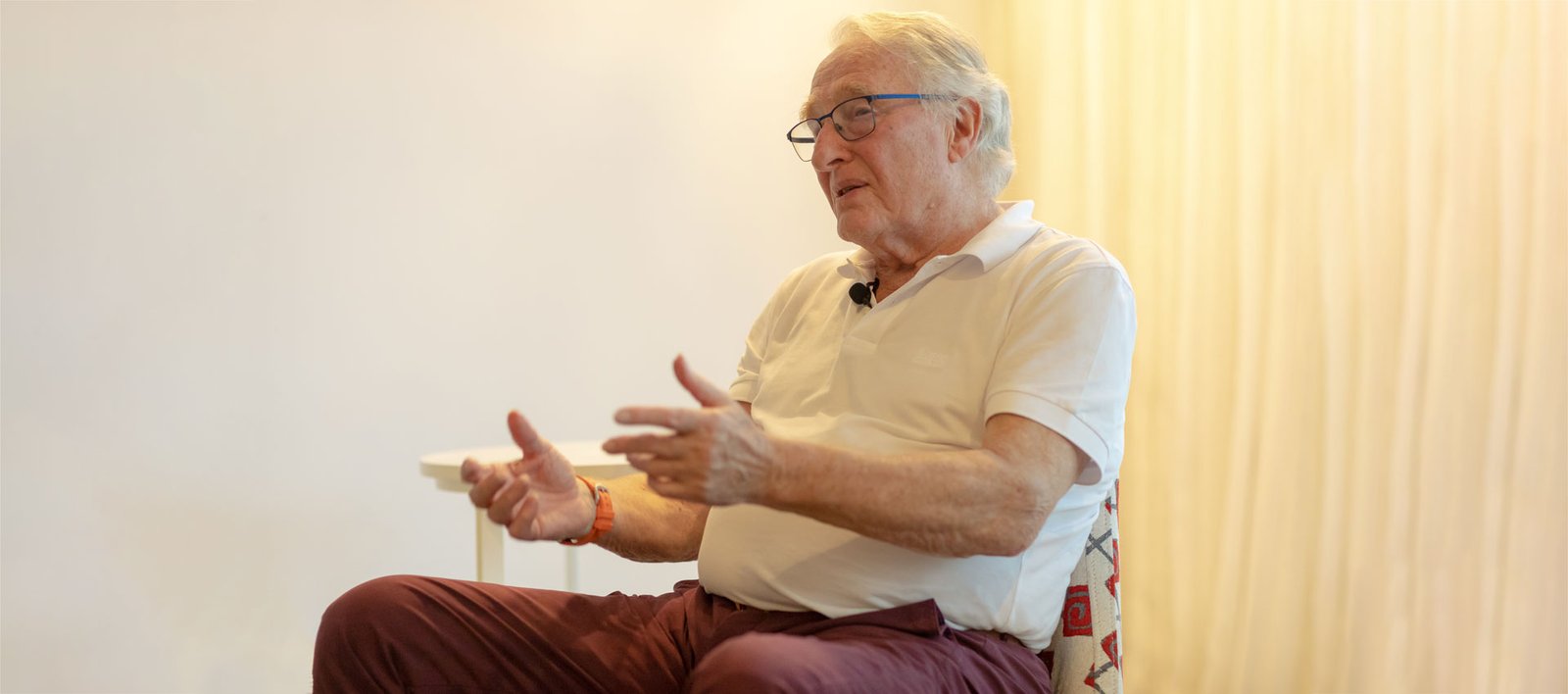

Jhon Williams in concert
John Williams is the most successful film composer of our times, with more than a hundred films under his belt, five Oscar wins, fifty Oscar nominations, BAFTAs, Grammys, Golden Globes, Emmys, and countless gold and silver records. This year he celebrates his 90th birthday while finishing up his latest soundtrack.
By Julia Henríquez
Photos: Farah Sosa at the Hollywood Bowl / Courtesy The Los Angeles Philharmonic association
Just as the great classical composers enlivened theatrical dramas, contemporary composers bring life to the stories of the seventh art. It can be said with complete confidence that John Williams is the most successful film composer of our time, with more than a hundred films to his name. It’s no wonder the Hollywood Bowl dedicates three days every year to celebrating his life and work with his most enthusiastic fans.
We were still far away when we began to see the signs of heavy traffic caused by the concert; indeed, the more than seventeen thousand seats at the Hollywood Bowl had sold out. This year is special: Williams is celebrating his 90th birthday while finishing what he has announced will be his final soundtrack. And the stars seem to have aligned: the venue that welcomes us is also celebrating its milestone 100-year anniversary.
When at last we’re welcomed by the three giant muses, we know we’re close. The fountain at the theater’s entrance is a majestic display of art deco, designed by George Maitland Stanley and directed by Charles Tobermann, developer of such landmarks as Grauman’s Chinese Theater and Hollywood’s Roosevelt Hotel. The fountain was conceived as an affirmation of hope during the Great Depression, declaring and reinforcing the importance of art in the entertainment capital.

The Hollywood Bowl opened in 1922 and since then has hosted many of California’s biggest music releases. It all started in 1916, with a commemoration of the life of Shakespeare and the first outdoor production by the local community theater. The presentation of Julius Caesar, with five thousand artists, so inspired the public and the event’s organizers that they began the search for a permanent place to present art under the stars.
In the distance we begin to see the colored lights that line the access ways —not streetlights or Christmas decorations, but lightsabers! Indeed, Williams is, as much as anything, a hero worshipped by the fans of George Lucas’s Star Wars saga. They are here with their batons, eager to co-conduct the most anticipated marches of the evening.
Once inside the Bowl, we could visit the museum, with its complete historical timeline of the venue, or enjoy a picnic in one of the many gardens, but instead we pick up our pace, passing by restaurants and bars, eager for the show. We’ve waited four years and four months to sit in these wooden seats facing the colorful arches of the Hollywood Bowl.


The sun goes down and the lights come up; the public applauds non-stop while the instruments begin a melody. David Newman, a special guest chosen by Williams himself for this opening, starts the show. Newman presents a medley of the most endearing Hollywood movie themes and tells an anecdote from Williams’s youth. He ends with an emotional moment as the orchestra plays the melody from E.T.
Suddenly, the audience rises up in an explosion of adrenaline as, finally, the “god of the baton” appears on stage. Ninety-year-old John moves like an excited child, all mischievous smiles, his white blazer matching his gray hair. The tears of emotion on my husband’s face confirm our decision to spend our savings just to be here right now, for this. It’s not about idolatry, it’s about celebrating the life of the greatest film composer of the modern era.
John humbly acknowledges our applause and says that so much emotion fills him with such energy that he thinks he’ll be back in ten years to celebrate his centennial with us. The roar of the crowd can only be silenced by the clicking of Williams’s baton. He raises his hands and magically transports us to the remote mountains of England. We fly on broomsticks made up of his notes and Williams leads us through the halls of Hogwarts. He then takes us dancing across the rooftops to the refreshed sounds that narrate the importance of Tevye traditions, then literally brings us to tears with Schindler’s List.


Steven Spielberg and John Williams have created some of the most memorable moments in modern cinema. The stories told from the filmmaker’s unique viewpoint could have had no better accompaniment than Williams’s scores. The duo has worked side by side for more than forty years on films like E.T., Jaws, Jurassic Park, Close Encounters of the Third Kind, the complete Indiana Jones saga, Saving Private Ryan, Friendship, Munich, Hook, Catch Me If You Can, Minority Report, Artificial intelligence, and War Horse, among others.
A hush has fallen over the stage and the handkerchiefs around me try to hide the emotion in the audience; we keep quiet, even holding our breath. A few seconds later, Williams gives us an unforgettable gift: the music from the fifth Indiana Jones movie, his latest film work, which hasn’t even been released. And the audience goes wild again.
For the closing, what we’ve all been waiting for… Although we love him for each of his works, we look to this one for the strength it possesses and all the good it has accomplished. Just one note and we recognize a piece known even in the most remote galaxies. Suddenly, our surroundings fill with colored lights, the audience raise their lasers, and together with Williams the baton-sabers move in unison to defeat the Empire and close the evening with a flourish.
Cheers to the next ten years! See you soon, dear friend.






Leave a Reply